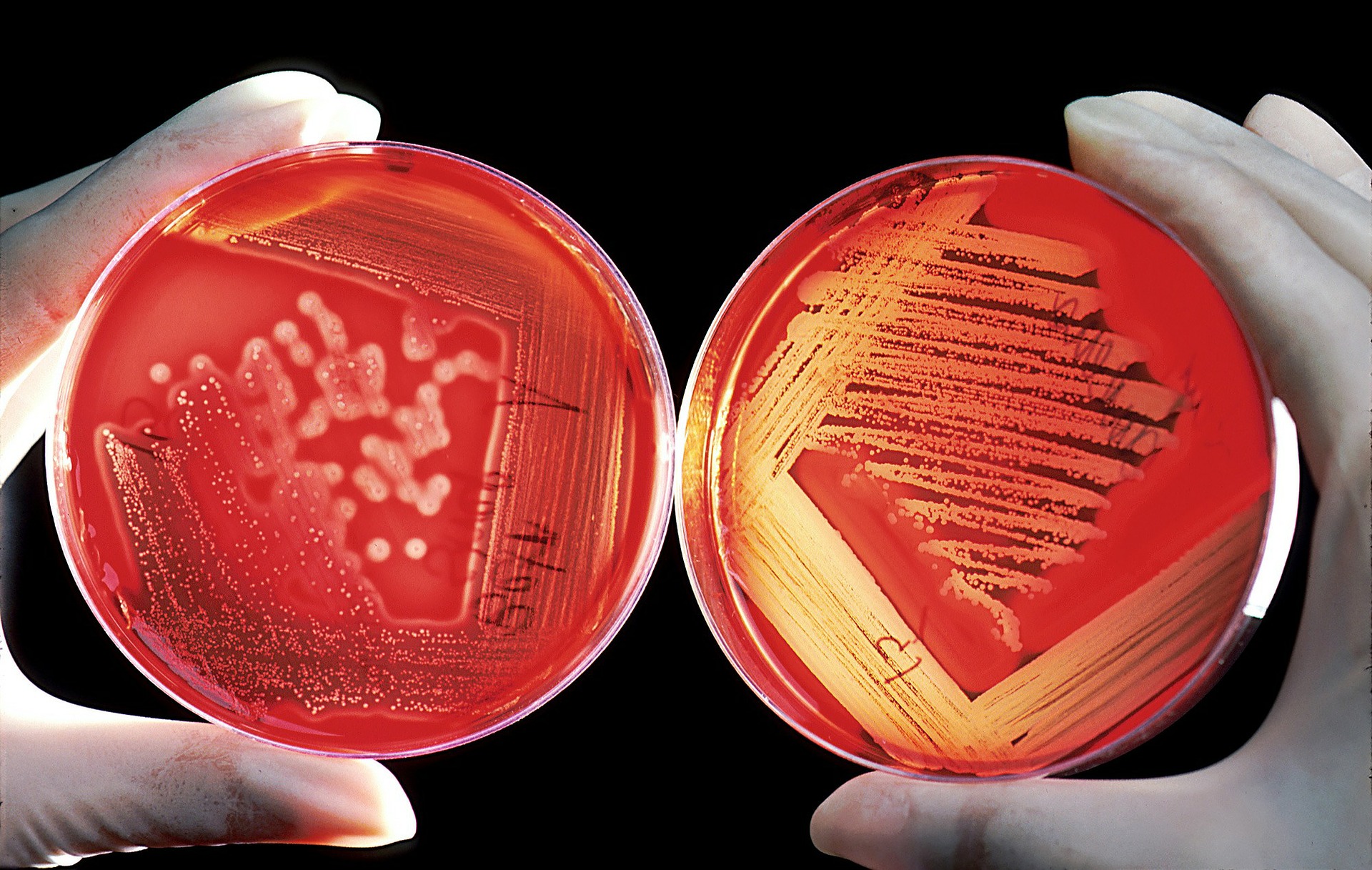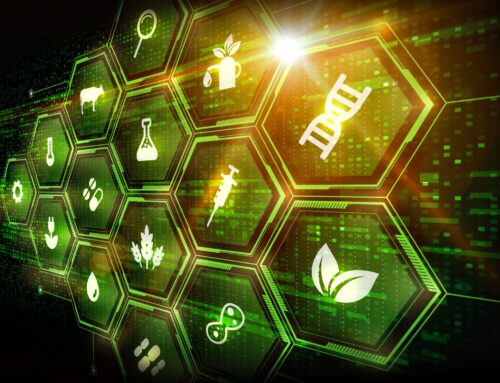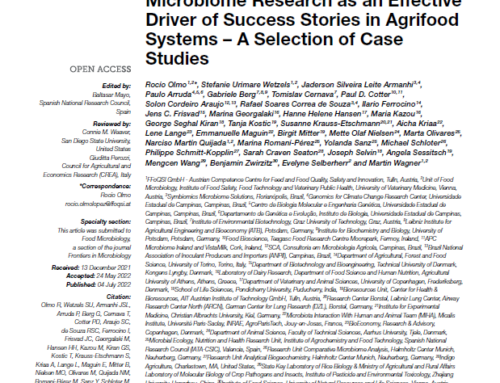MicrobiomeSupport project partners are currently working on re-defining the term ‘microbiome’, but why do we even need a new microbiome definition?
The microbiome has gained much attention in the last few years, yet researchers are still uncertain what the microbiome actually is. There is still a lot unknown about the tiny organisms that live in and around us. Since 1988, several definitions of the microbiome have been suggested:
- A microbiome ‘may be defined as a characteristic microbial community occupying a reasonably well-defined habitat which has distinct physio-chemical properties. The term thus not only refers to the microorganisms involved but also encompasses their theatre of activity.’ (Whipps et al. 1988)
- A microbiome ‘is an ecological community of commensal, symbiotic and pathogenic microorganisms within a body space or the environment’. (Lederberg & McCray 2001)
- ‘[Microbiome] refers to the entire habitat, including the microorganisms (bacteria, archaea, lower and higher eurkaryotes, and viruses), their genomes (i.e., genes), and the surrounding environmental conditions. The microbiome is characterized by the application of one or combinations of metagenomics, metabonomics, metatranscriptomics, and metaproteomics combined with clinical or environmental metadata’. (Marchesi & Ravel 2015)
- ‘The microbiome is the sum of the microbes and their genomic elements in a particular environment.’ (Ho & Bunyavanich 2018)
When defining the microbiome, there are a number of questions that need to be considered for a ‘good’ microbiome definition such as:
- What organisms do need to be included: bacteria, fungi, protozoa, viruses, phages, archaea, others?
- Do taxa of organisms need to be listed?
- Do we need to specify appropriate analysis techniques and technologies?
- Does function need to be implied?
- How about time and geographical scale as well as sampling size factors?
- How do we take into account co-evolution of organisms?
- Do we need to take into account microbiome dynamics in time and heterogeneity in space?
- What about key players and networks?
- How do we reflect the interaction of microbes with their host environment (which changes with seasons or diet, over time, etc.)?
With ongoing research, there is still so much uncertainty that answering the above questions in a concrete and meaningful way is challenging without losing relevant information. In addition, researchers are still struggling with some core issues that affect microbiome research in general such as:
- Is it ‘microbiota’ or ‘microbiome’?
- Functions of bacterial proteins may change based on one substitution in the DNA of a bacterium without a change in bacterial species definition.
- The fast development of technology makes specific techniques and what we can glance from them outdated within a short time span.
- Do we need to focus on microbial diversity (the number of microbes in a community) or function (the number of beneficial effects a microbial community has)?
During a workshop in March 2019 in Vienna, a few core principles for a new microbiome definition were suggested which aim to be foundations for a holistic microbiome definition that considers all parts of the food systems that microbes touch on. A new microbiome definition will have to be:
- Technology neutral, so that a definition does not become outdated within a short time span with the fast evolution of ‘-omics’ technologies nowadays.
- Audience neutral, so that not just researchers understand what is meant by microbiome but the general public as well.
- Context specific.
A draft definition was based on these core principles in a recent workshop and is now being refined in an extensive opinion paper that considers the microbiome holistically and from a system perspective. The aim is to support researchers with their experiments and approaches in microbiome research and the way they and others communicate about the microbiome and its potential for human health and the food system.
Image credit: Geralt and Wikilmages via Pixabay






